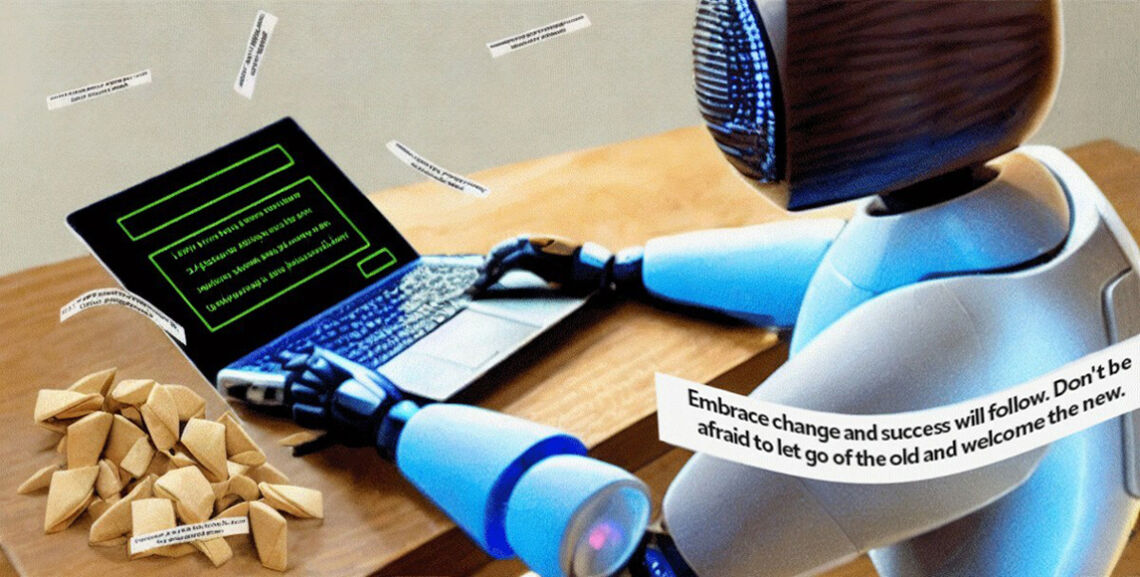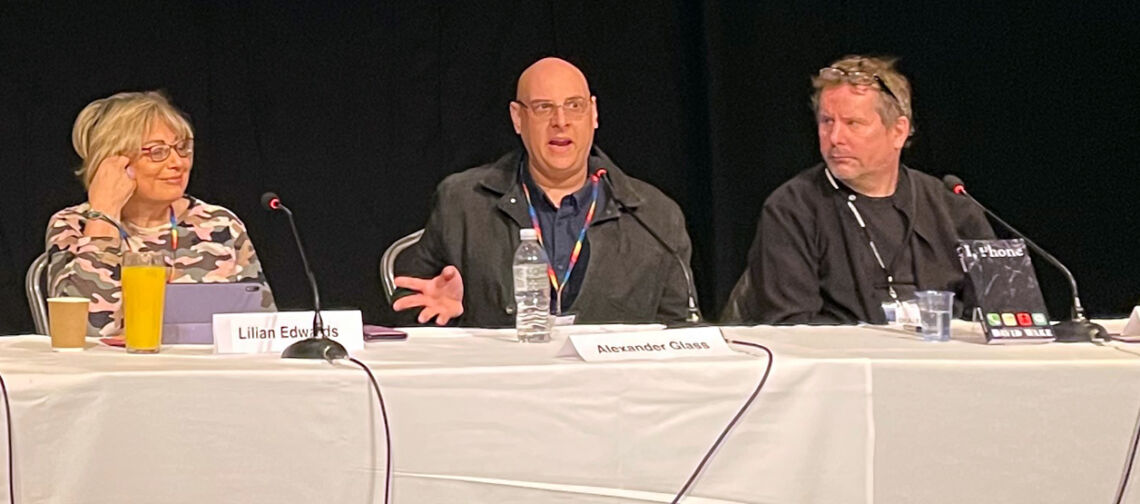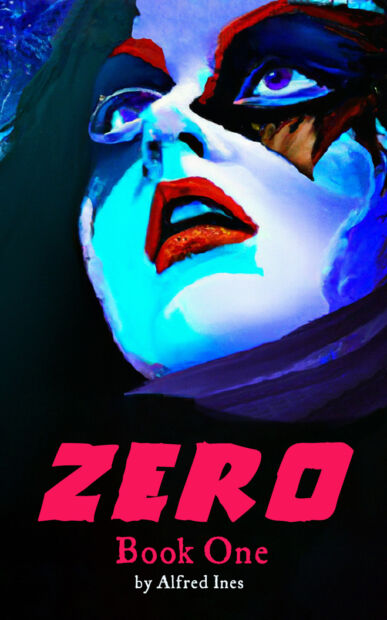Does fortune favour the AI?
- April 8, 2023
- Steve Rogerson

Steve Rogerson doesn’t think ChatGPT will take over his job, yet.
Should we be worried about the advent of quite sophisticated artificial intelligence tools such as ChatGPT that are being used to generate everything from advertising copy to spam emails to the predictions in fortune cookies (I kid you not), to complete books? And how long before the the likes of Alexa and Siri adopt such AI to make the conversations they have with us all that more realistic?
Could we now be on the first steps to moving from smart homes that make some aspects of our lives a little more convenient to full-blown intelligent homes that might decide to do what they want rather than what the home owner wants? Demon Seed by Dean Koontz, anyone?
Ironically, among those worrying about this are authors in the science-fiction community themselves. Are they so used to reading and writing about possibly sentient AI that they see the dangers to their own livelihood?
I was reminded of this over the Easter weekend in Birmingham – the one in England – at the annual British science fiction convention where a panel addressed this very topic. Author David Wake admitted to trying this out and saw the value of it as a tool, rather like a computerised thesaurus but on the paragraph level. However, he feared that if these evolved one day to be able to write novels better than those written by authors such as himself, such authors would lose out not just in terms of livelihood but because it would steal their enjoyment of expressing themselves creatively.

Lilian Edwards, a professor of technology and law, said she had already seen students using ChatGPT to write their abstracts. And author Alexander Glass said he had no problem with those who use AI tools to generate art for their own enjoyment but he did not want to see cost-cutting publishers using it to create book covers and other commercial pursuits that could see human artists fighting over a rapidly shrinking pie to earn a living.

For those who doubt that, I point you in the direction of author Alfred Ines, who has just published a novella called Zero, with most of the story developed by GPT-4 and the cover art created by OpenAI’s Dall-E 2 image generator. In fairness, it was a little bit of a collaboration between the author and the AI, but he admitted that the character and plot and most of the story all came from the AI.
“I was fascinated by what an AI can do on its own with minimal guidance,” he said. “The result is a passable story. It’s certainly not equal to what a talented writer can do . But, at the same time, it’s probably better than a lot of what’s out there.”
Having not read it, I can’t give you my own judgement, though I have a requested a review copy. If that should arrive, I will add a paragraph or two to the bottom of this blog to let you know what I thought.
The press release announcing the novel used words such as “gripping” and “groundbreaking”, but maybe the release was also written by the AI; it doesn’t say.
I can though confirm this blog was written solely by me without any intervention by AI whatsoever. The same though can not necessarily be said of the inspirational messages found inside the average fortune cookies. I said at the start I was not kidding you, and I am not. A media platform called OpenFortune is using ChatGPT to write the messages for fortune cookies at restaurants in the USA.
This, it claims, will add creativity because apparently there are only several thousand fortunes in circulation. The company kindly provided an example of a fortune ChatGPT had generated. Are you ready for this? It reads: “A harmonious melody will soon drift into your world, guiding you to dance with destiny.”
I confidently predict many puzzled faces in Chinese restaurants around the country.





